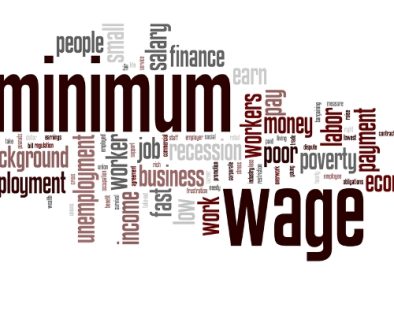FIFO Employees
Are you a fly in and fly out (FIFO) worker?
Unfortunately the ATO have deemed the cost of travelling between your home and your FIFO work site as a private expenses, therefore generally speaking travel to and from the airport, airfares, etc. cannot be claimed as a tax deduction.
There are plenty of special rules and deductions that you need to be aware of. For more information give us a call.
Mining site employees – income and work-related deductions
If you earn your income as a mining site employee, this information will help you to work out what:
- income and allowances to report
- you can and can’t claim as a work-related deduction
- records you need to keep.
Find out about mining site employees:
Income – salary and allowances
Your employer will provide either an income statement or a payment summary that shows all your salary, wages and allowances for the financial year.
Include all of the income you received during the financial year in your tax return, regardless of when you earned it, including:
Don’t include reimbursements.
Salary and wages
You must include your salary and wages as income in your tax return. Include any bonuses.
See also:
Allowances
Include all allowances shown on your income statement or payment summary as income in your tax return.
You may receive an allowance to:
- compensate you for an aspect of your work, for example, carrying unpleasant or dangerous goods
- help you to pay for certain expenses such as meals when you’re travelling away from home for work.
If your employer pays you:
- an amount based on an estimate of what you might spend, such as paying cents per kilometre if you use your car for work, then it’s an allowance
- for the actual amount of the expense (either before or after you incur the expense), such as paying for the petrol you use if you use your car for work, it’s a reimbursement.
Allowances on your income statement or payment summary
You may receive allowances:
- for work that may be unpleasant, special or dangerous
- in recognition of holding special skills, such as a first-aid certificate
- to compensate for industry peculiarities, such as for living and working away from home.
These payments don’t cover you for expenses you might incur. Include these allowances as income in your tax return.
If you receive an allowance from your employer, you aren’t always entitled to a deduction – it depends on the situation. See Deductions.
Allowances not on your income statement or payment summary
Your employer may not include some allowances on your income statement or payment summary. This can apply to travel allowances and overtime meal allowances paid under an industrial law, award or agreement. You can see these allowances on your payslips.
If the allowance isn’t on your income statement or payment summary, and you:
- spent the whole amount on deductible expenses
- don’t include it as income in your tax return
- you can’t claim any deductions for these expenses
- spent more than your allowance
- include the allowance as income in your tax return
- claim a deduction for your expense, if you’re eligible. See Deductions.
See also:
Reimbursements
If your employer pays you the exact amount for expenses you incur (either before or after you have incurred them), the payment is a reimbursement. We don’t consider a reimbursement to be an allowance.
If you’re reimbursed for expenses you incur:
- don’t include the reimbursement as income in your tax return
- you can’t claim a deduction for them.
Find out about mining site employees:




